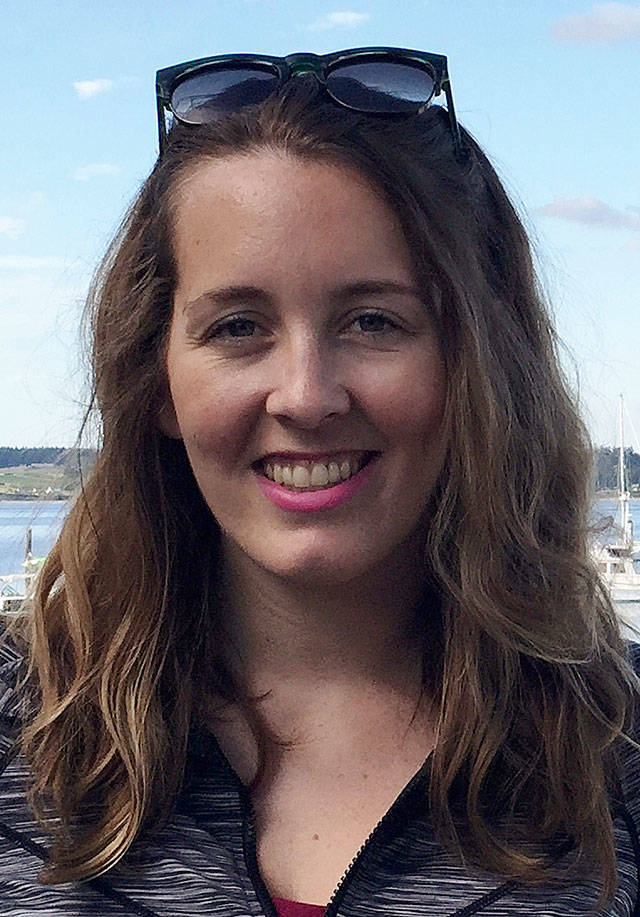Eleven years ago, a drowsy-driving car wreck left me with injuries that still challenge me today.
In the accident, my ankle was crushed so bad that I am never able to run again and I will need more surgery on it throughout my life. From my hips to my feet, my body is held together with plates and screws. I received a traumatic brain injury and lost over two years of my life at the hospital and in rehab.
I am only 29 years old but have early-age arthritis.
The driver that fell asleep at the wheel of the car I was riding in told me just last year that she “got over” the accident years ago and has moved on with her life. But my damaged body, brain, and spirit will never get over it. Every single day, my aches and pains remind me of that driver’s poor decision to drive a car when she had not slept for almost 24 hours.
Our lives are busy and fast-paced — and we as a society just don’t get enough sleep. Drowsy driving is a national health and safety problem that we need to take seriously. The consequences of getting behind the wheel of a car after being awake for eighteen to twenty four hours is devastating.
I beg you to pause and think before you get behind the wheel of a car when you are tired. The result can be injury or death to you or others.
The goal of our family’s drowsy driving awareness campaign is to get people’s attention about the dangers of drowsy driving. If we save one life or prevent one person from getting terrible life-changing injuries like mine, or if we prevent one family from going through years of hell like mine did, then our job will be done.
Why do we keep talking about drowsy diving every November? People ask my family all the time. Because we continue to see stories in the news about accidents from drowsy driving where people are injured or killed. And it can so easily be avoided with proper sleep and mindfulness when getting behind the wheel of the car.
Mora Shaw is the daughter of William Shaw, who with an opinion piece in the Bellevue Reporter in 2007 began a community outreach to bring to light issues surrounding drowsy driving. The outreach and communication efforts are in concert with the Washington State Patrol, Washington State DOT, Washington State Traffic Safety Commission, King County Council and Sheriff’s Office and other regional law enforcement, public safety and health organizations and other regional and state-wide media outlets.
The 2017 Washington State Drowsy Driving Awareness and Prevention Week campaign is Nov. 5-12.
See drowsydriving.org.



